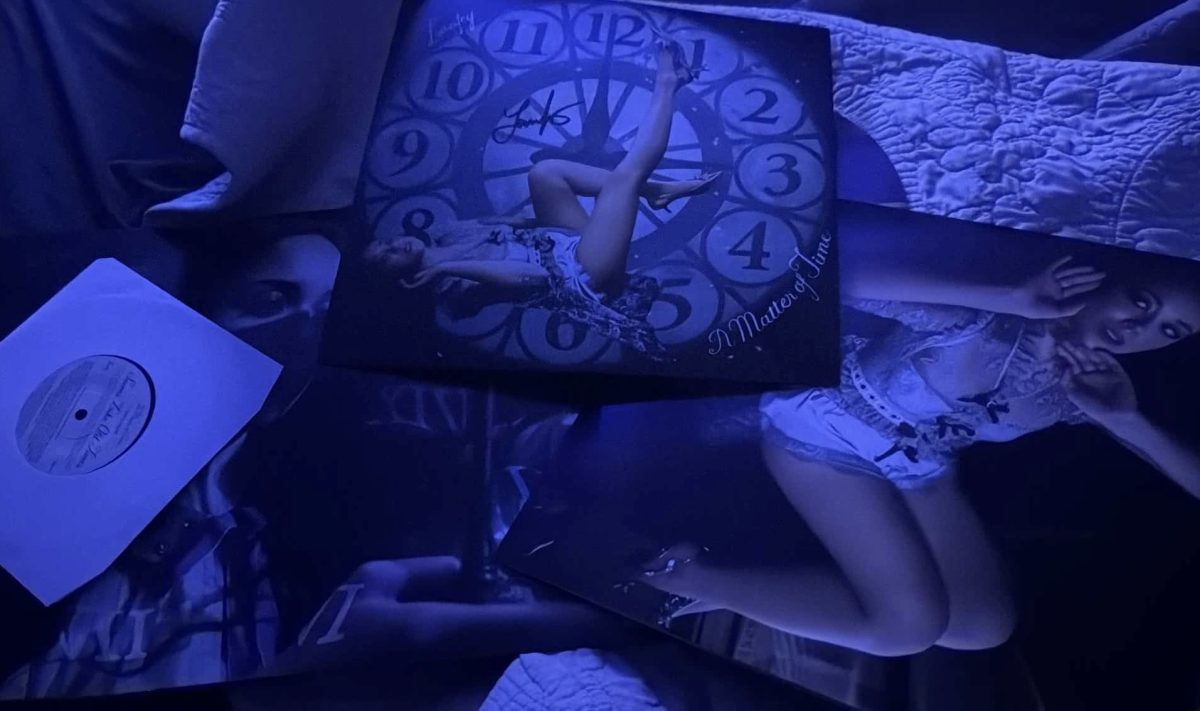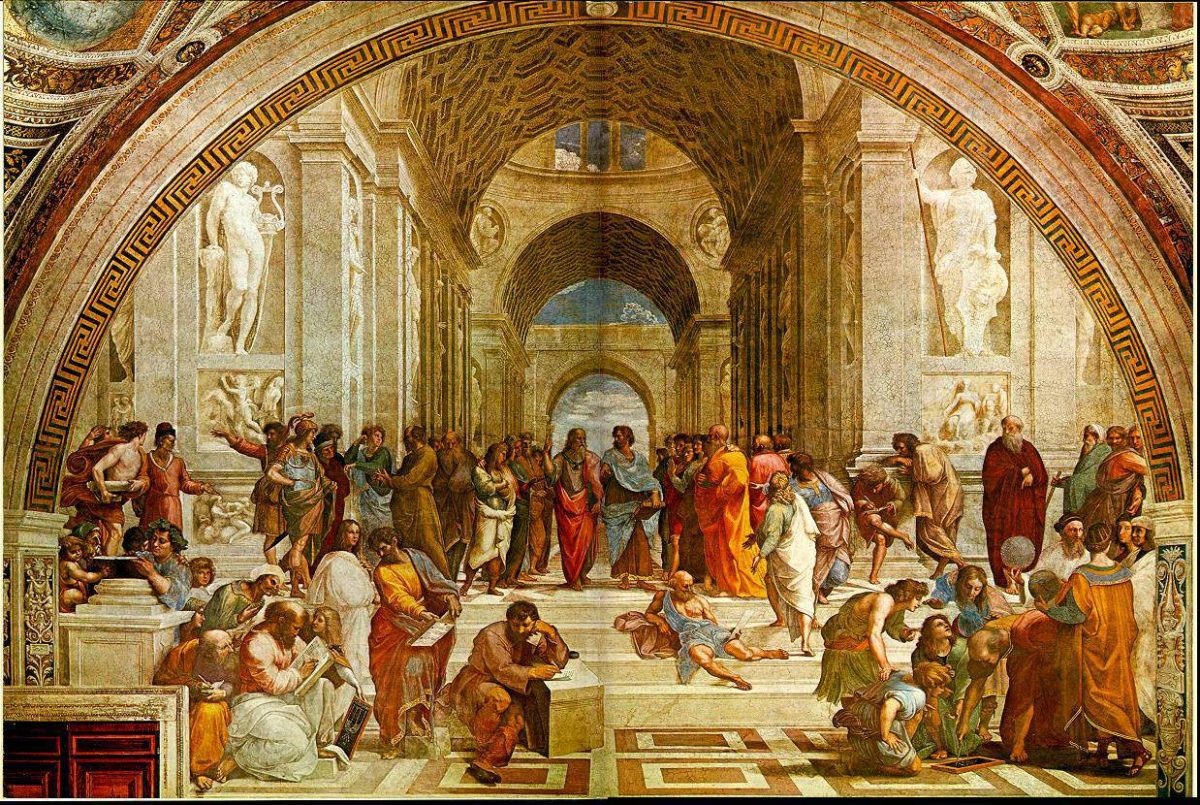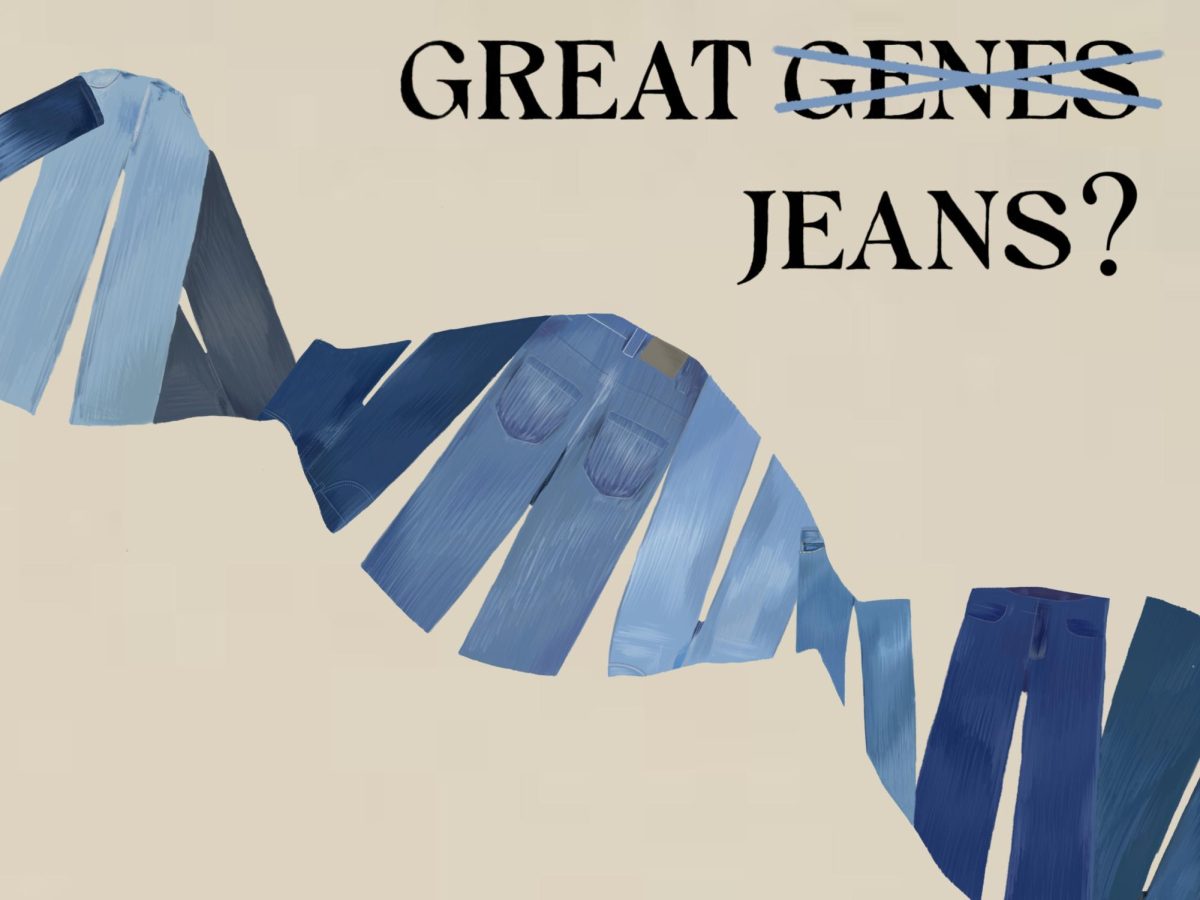Marvin Gaye will forever be immortalized as one of the pioneers of Motown music.
His impact on the genre and American music as a whole is impossible to overstate.
In just a limited amount of time, he was able to rise to the top of charts with hits like “Let’s Get It On,” “Sexual Healing” and countless more.
Similar to fellow musical legends John Lennon and Selena, Gaye’s life was tragically cut short when he was shot to death by a former fan — in this case, his own father.
Considered as a king of soul the genre, Gaye’s music has undoubtedly lived on in the decades since.
He has served as an inspiration for countless artists over the years and laid the groundwork for the entire Motown movement.
His classic rhythm and blues tracks have been covered by everyone from Aretha Franklin to Christina Aguilera, as well as appearing in countless movies, television shows, commercials and even Kanye West songs.
Gaye is as engrained in American culture as an icon of the industry. It’s a shame that he only lived to the age of 44, thus depriving the masses of even more magnificence that no one else has truly been able to capture before or since.
Luckily for fans, they were treated to one last batch of tracks with the dropping of You’re the Man last week.
The previously unreleased album was shelved by Gaye nearly half a century ago due to its outward political stance and underwhelming reaction to its title track, which imagined a world where a woman could become president.
There is delightful irony in the fact that its release in 2019 coincides with a time when five women are currently vying for the Democratic nomination for president, four years after Hillary Clinton became the first woman to ever win a major party nomination and capture the popular vote in the general election.
Regardless, Gaye felt that the album was perhaps too political for its time. The long-awaited album, 35 years after his death, has finally been released and it feels just right.
Many of the issues that were plaguing the country back in the 1970s feel even more prescient today. The title track itself feels as if it’s speaking to President Donald Trump from beyond the grave, calling out lies and false promises with the kind of powerful urgency that Gaye is known for.
Gaye’s lyrics may have been designed for former President Richard Nixon and his supporters, but they still hit all the right notes in 2019. During “Where Are We Going?” he croons about how “lies and hate fuel the fire”— an eerie foreshadowing of the dissension that exists today.
As a songwriter, Gaye was able to come up with lyrics that both transport the listener to the time they were written and allow them to draw parallels to today.
The amount of self-awareness and foresight this requires proves that he was a songwriter ahead of his time, pushing the envelope long before Childish Gambino and others would make such writing more popular.
In a time when black citizens’ political opinions were too often dismissed or endangering, Gaye was unabashed in his criticisms of those at the top and the system that was designed to suppress people like him.
Throughout his historic rise to the top, Gaye never forgot his roots and made sure that he would always use his platform to fight oppression.
Though he was dissuaded from releasing You’re the Man by his more conservative boss, Berry Gordy, the rest of Gaye’s discography show that he was unafraid to call out injustice at the highest levels of government.
While the impactful lyrics on You’re the Man are coincidentally more relevant now than ever, it’s the singer’s signature voice that makes his posthumous album quintessential Gaye. Over the years, many have attempted to recapture Gaye’s inimitable sound to mixed results, but none have ever held a candle to the primal delivery of one of the best male voices to ever live.
Overall, this posthumous entry is a welcome addition to Gaye’s catalogue. The 17-track album is a delight to anyone who has enjoyed his wide-ranging talents before and exposes his genius to a new generation of music lovers.
Above all, it reminds listeners of a time when music stars spoke from the heart not out of convenience, but out of necessity; a time when artists were more concerned with drawing attention to their community than to their wealth.
On You’re the Man and throughout his life, Gaye used his immense talent to highlight the problems prevalent in this country. He spoke not just for his people, but for all people who were being treated unfairly. For this reason, there is no greater name for this album.
As we all reflect back on the legacy of a legend on what should have been his 80th birthday, it’s impossible to deny one thing above all else: Even all these decades later, Gaye really is the man.








